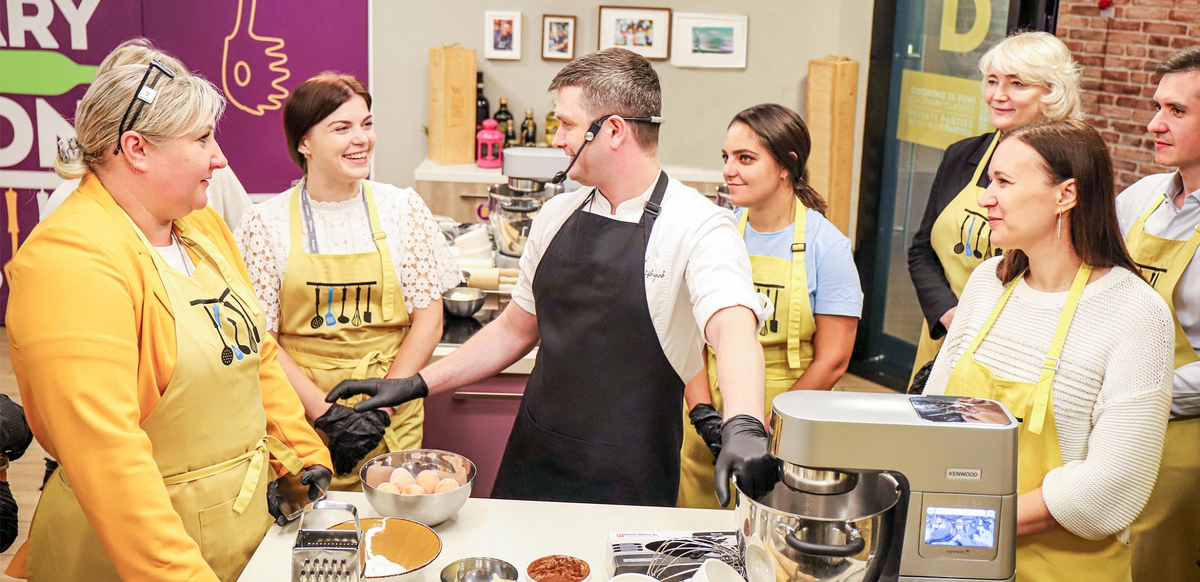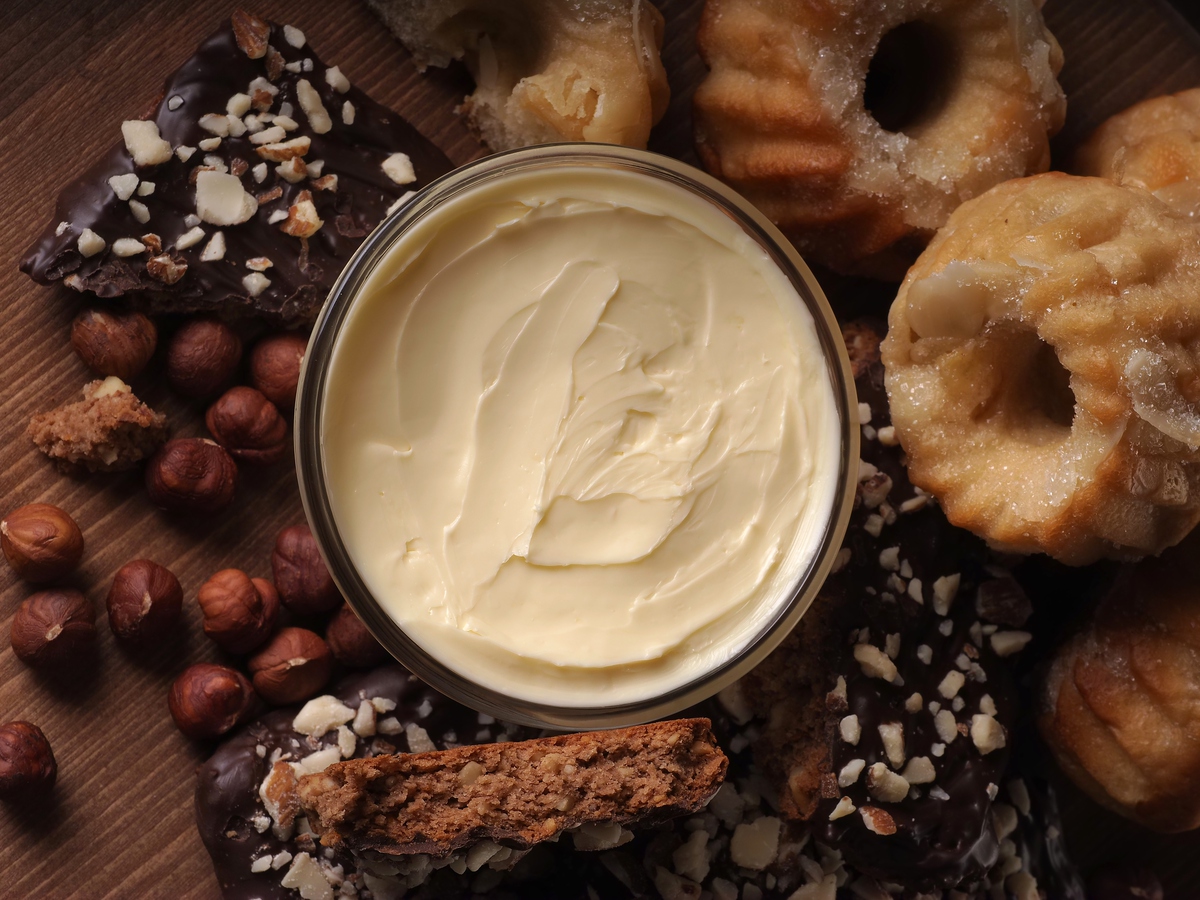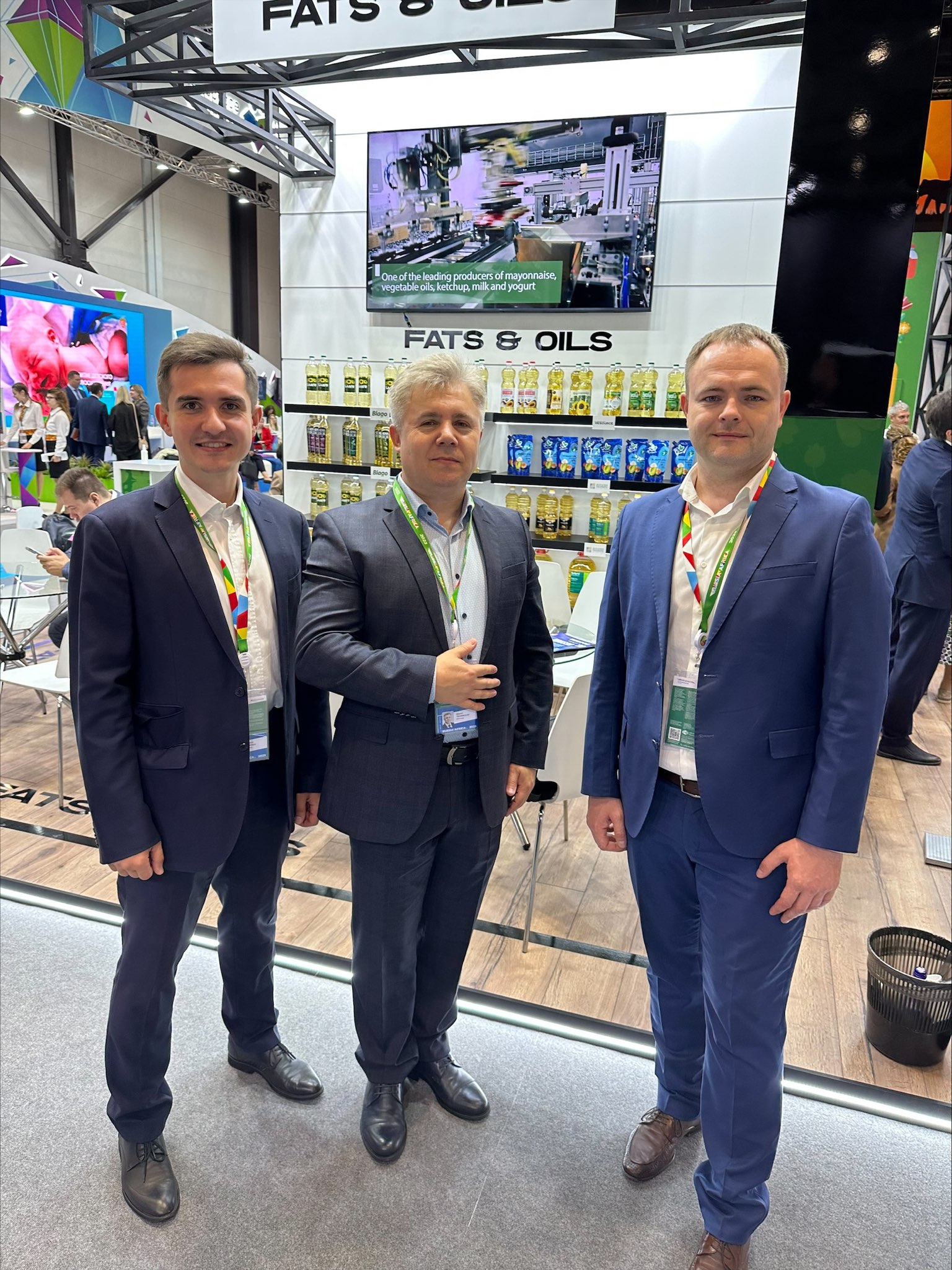More than 15 years ago, the fat and oil division of EFKO Group of Companies started a tradition of holding a conference for its partners from different industries once a year. The event will allow you to stop for a couple of days and look around, expanding your professional horizons. This year was no exception!
- What awaits the vegetable oils market and what is the news on the food ingredients market?
- What changes have occurred in regulatory regulation?
- What is in the consumer basket today?
- “The ideal shelf” – what is it?
These questions were answered by market experts, analysts, specialists from marketing and research agencies.
Discussions about the future of food are of traditional interest. This time, the neurobiology of taste and the effects of fat and sugar on the body were examined under the microscope of modern science.
Can we today make food become like medicine? Scientists are unanimous in their opinion that this is possible. One of the steps along the way is reducing sugar consumption, which will help fight the spread of non-communicable diseases.
Delicious and healthy sweets are already a reality. The participants were able to verify this during the tasting of products prepared using EFKO food ingredients with reduced sugar content and sweet protein.
“Sweet protein has great promise as a healthy alternative to sugar. This protein is sweeter than glucose and is very effective from the point of view of the modern consumer,” emphasized neurophysiologist, professor at Moscow State University Vyacheslav Dubynin.
Guests tried coconut and coffee candies, creme brulee-flavored waffles, the fillings of which had a 50% reduced sugar content.
“The EFKO line of ingredients allows you to create a wide variety of sweets. But it is important for us that the consumer not only enjoys the taste, but also receives benefits. Therefore, one of the key projects of our R&D center is the creation of innovative recipes using sweet proteins,” noted Elena Ulezko, Deputy Director of the Oil and Fats Division for Innovation. “Today’s tasting showed that we were able to create products that taste no different from traditional ones, but at the same time their sugar content is significantly reduced.”
On the second day of the event, everything was baked and sizzling. In the culinary studio, guests cooked with their own hands and then tried Adjarian khachapuri and chocolate tortino!
The secret of these dishes is that the traditional ingredients in them were replaced with EFKO ingredients. Margarines instead of butter, cocoa butter equivalents in glaze, mozzarella based on a milk fat substitute instead of suluguni.
High quality confirmed!
And finally, a few quotes from our guests, from which it becomes clear that over many years our events have formed a professional community of like-minded people who look in the same direction and develop together.
Mikhail Varganov, General Director of Sparta-Export LLC:
“We have been working with the company for almost 20 years, and this is my first time participating in such a master class. The format of communication and presentation of information is relaxed and very interesting. And it’s just great if there are more similar ideas.”
Ruslan Polukhin, technical director of Morozko LLC:
“We met the EFKO company more than 10 years ago, at one of these seminars. From that very moment we not only began to work closely together, but also became friends. Today we are one of the largest consumers of specialized margarine for puff pastry. "EFKO" is stability, flexibility and sincerity! The speed of your managers' reaction to the situation is always excellent. Technological support is of particular importance to us; company specialists constantly support our existing and new projects on puff products. When working with you, I, as a manufacturer, do not have a headache about the quality of the finished product. Consistency of quality is one of the main qualities of EFKO.
Boris Bashilov, General Director of Osnova Agro:
“We have been working with the company for more than 13 years. I have already lost count of how many such events I have attended. For us, this is a global exchange of experience, this is an opportunity to expand the regional information field. We produce dry mixed products, products based on vegetable oils and fats, and milk-containing products, and this is one of the main healthy lifestyle trends today. EFKO food ingredients help us create such lines.
Alexander Kizhuk, Deputy General Director for Development and Economics of Kommunarka JSC:
“In 2025, EFKO and I will celebrate the 20th anniversary of cooperation! 50% of our assortment is sweets and chocolate with fillings; in these products we use EFKO ingredients. And per year we produce 30 thousand tons of confectionery products. Over the past five years, we have grown in volume and have plans to increase our candy production capacity by almost 1.5 times over the next four years. All new lines and subsequent innovative formulations will be in synergy with the EFKO company. In addition, we see how fast the company is developing. We get our dividends from this!”



